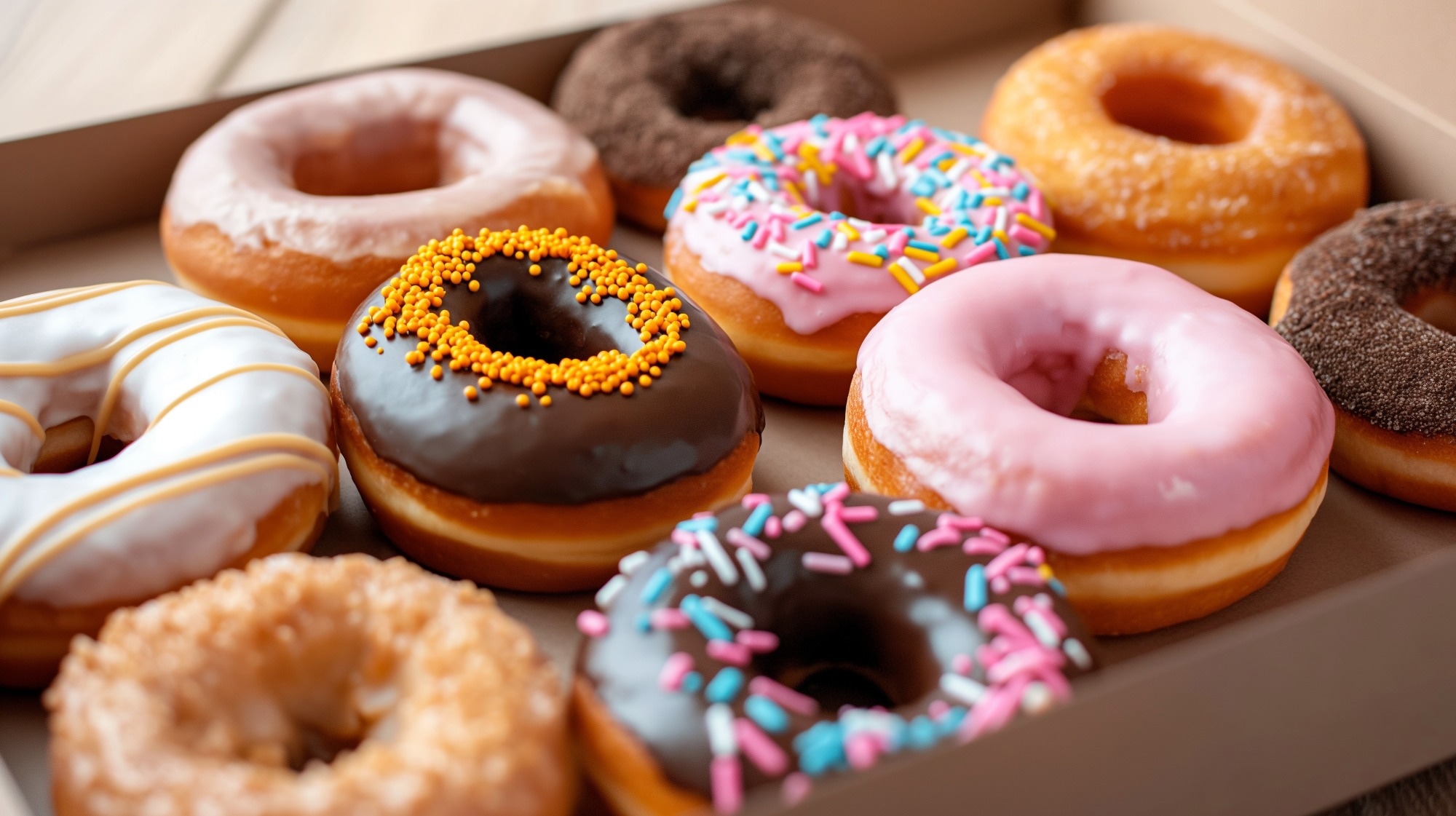New research uncovers that extreme sweet preferences, not just eating habits, are key drivers of added sugar consumption and reduced diet quality, highlighting the complex relationship between taste, snack choices, and long-term health risks.
 Study: Sweet taste preference on snack choice, added sugars intake, and diet quality– a pilot study. Image Credit: Mesve79 / Shutterstock.com
Study: Sweet taste preference on snack choice, added sugars intake, and diet quality– a pilot study. Image Credit: Mesve79 / Shutterstock.com
A recent study published in the journal BMC Nutrition explores how sweetness preference and eating behaviors interact with diet quality and added sugar intake.
Sweet preferences, eating behaviors, and the complex path to a healthy diet
A sweet taste provides considerable pleasure to those who like it, beginning from birth. However, the degree of sweetness preferred varies between people. Interestingly, no absolute correlations have been observed between high sweetness preference and added sugar intake.
Eating behaviors develop in childhood and remain relatively stable throughout adulthood unless significant efforts are made to change them. These behaviors include uncontrolled eating, which reflects a tendency to overeat, emotional eating, such as eating when emotionally stressed, and cognitive restraint, during which individuals restrict their food intake to control body weight.
People who prefer high sweetness are likelier to exhibit uncontrolled and emotional eating behaviors, whereas moderate sweetness preference or dislike is associated with cognitive restraint. Emotional eaters are also more likely to have poorer diet quality.
Dietary quality is reduced when more added sugars are consumed, which reduces the Healthy Eating Index (HEI) of food products. Notably, people who do not like sweets could have a low HEI by consuming foods high in salt and saturated fat.
About the study
The current study included 65 adults between 18 and 42 years of age who were classified by sweet preference. The study cohort was further stratified into groups comprising individuals who disliked sweets, reported a moderate liking for sweets, or an extreme liking for sweets based on their preference for foods divided into tertiles of sucrose concentration. In addition to their snack choice, eating behaviors and dietary quality were also classified.
Snacks are often consumed outside of traditional meals and in smaller amounts. However, snacks contribute more than 20% of Americans' daily energy and refined carbohydrate intake. The current study's researchers examined interactions between eating behavior and sweetness preference with diet quality and added sugar intake in snacks rather than meals.
Study findings
About 73% of study participants were overweight or obese, with 94% consuming more than their recommended daily intake of added sugars. The mean healthy eating score was 44.6 out of 100, which reflects moderate diet quality.
When offered a variety of snacks, most study participants chose a very sweet but low-calorie snack, irrespective of sweet preference or eating behavior. More specifically, 42% of the study cohort chose fruit cups, 14% selected brownies, and none chose vegetables. Importantly, these choices may have been impacted by other factors like religious restrictions or ethical concerns.
Individuals who reported an extreme liking for sweet tastes perceived a premade sugar solution to be less sweet than individuals with lower sweetness preferences. An extreme preference for sweet foods was associated with a two-fold and three-fold greater likelihood of consuming foods with medium and high amounts of added sugar, respectively.
Those with an extreme preference for sweets were also likelier to have low overall diet quality, except for those who consumed a high-quality diet. Reduced diet quality in these individuals was primarily attributed to increased added sugar intake. No difference was observed in added sugar intake or diet quality between those with a moderate preference or dislike for sweets.
Added sugar intake alone did not determine diet quality. Thus, additional research is needed to assess whether preferences for highly palatable foods, such as those high in sodium, sugar, and fat, correlate with health outcomes by reducing overall diet quality.
Extreme and moderate sweetness preferences were more frequently observed in individuals who reported uncontrolled eating. The presence of uncontrolled eating correlated with emotional eating and body mass index (BMI).
Conclusions
Sweetness preference predicts added sugar intake and diet quality more strongly than eating behaviors in a relatively young adult population. This may reflect in higher rates of obesity or overweight, with its cardiometabolic sequelae.
The current study did not observe that added sugar intake or eating behavior directly affects diet quality. In the future, these findings should be validated with a larger study sample while also including individuals with preferences for fats and other sensory attributes of food.
Journal reference:
- Guarneri, F., Cortes, L., Ghali, C., et al. (2025). Sweet taste preference on snack choice, added sugars intake, and diet quality– a pilot study. BMC Nutrition. doi:10.1186/s40795-025-01076-4.